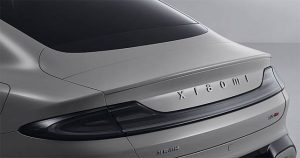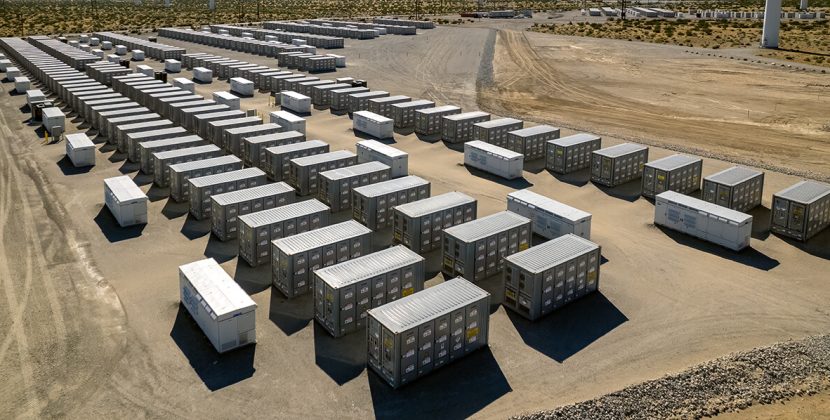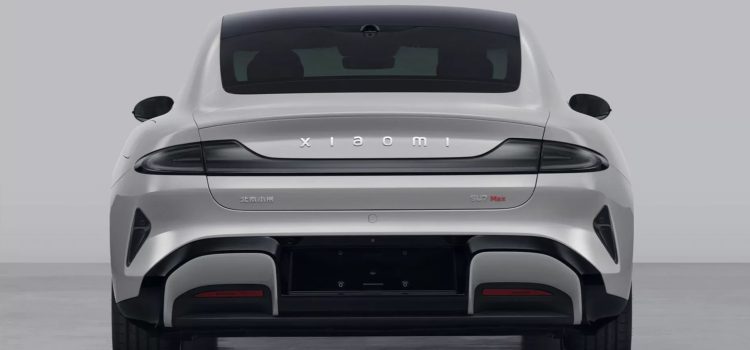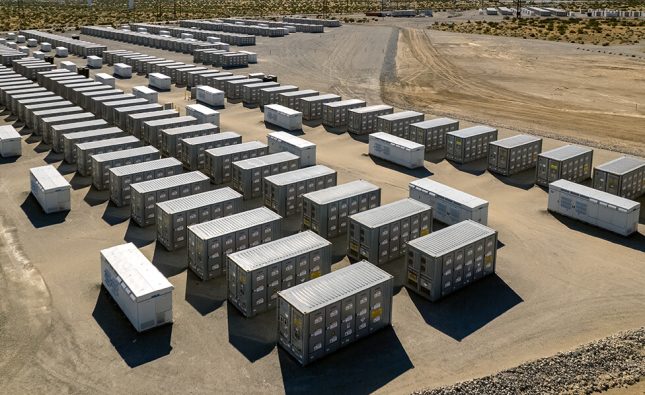
Xiaomi’s Bold Plan to Lead the Global Auto Industry
By Lei Jun, founder and CEO of Xiaomi
I have always been fascinated by cars. Ever since I was a child, I dreamed of owning a car that could take me anywhere I wanted to go. That’s why I decided to start Xiaomi, a company that aims to make quality products that are accessible to everyone.
Xiaomi is now the world’s second-largest smartphone maker, with a market share of 17%. We have also expanded into other areas, such as smart TVs, tablets, speakers, and even robots. But our ambition does not stop there. We want to make a bigger impact on the world and create products that can improve people’s lives in more ways.
That’s why we announced our plan to enter the electric vehicle (EV) industry earlier this year. We have committed to invest $10 billion over the next decade to develop our own EVs. Our goal is to become the world’s largest automaker within three years.

Why EVs?
We believe that EVs are the future of transportation. They are more environmentally friendly, more efficient, and more convenient than traditional cars. They can also offer a better user experience, with features like smart connectivity, autonomous driving, and personalized customization.
We are not the only ones who think so. The global EV market is expected to grow rapidly in the coming years, with more consumers switching to electric cars. According to a report by BloombergNEF, EVs will account for 58% of new passenger car sales by 2040.
The EV industry is also highly competitive, with hundreds of companies vying for a share of the market. Some of the leading players include Tesla, Volkswagen, Toyota, and BYD. Each of them has its own strengths and weaknesses, and they are constantly innovating and improving their products.
We are confident that we can compete with them and even surpass them. We have several advantages that give us an edge in the EV market.

What are our advantages?
First of all, we have a strong brand reputation and a loyal customer base. Xiaomi is known for making high-quality products that are affordable and user-friendly. We have over 300 million active users worldwide, who trust us and love our products. We also have a vibrant online community, where we interact with our fans and listen to their feedback. We believe that our customers are our best partners, and we always strive to meet their needs and expectations.
Secondly, we have a rich experience and expertise in the smartphone industry, which is closely related to the EV industry. Smartphones and EVs share many similarities, such as hardware, software, design, and manufacturing. We have learned a lot from making smartphones, and we can apply those lessons to making EVs. For example, we know how to optimize battery performance, integrate AI and IoT technologies, and create a seamless user interface.
Thirdly, we have a flexible and efficient business model, which allows us to adapt quickly to changing market conditions and customer preferences. We operate on a “triathlon” model, which combines hardware, internet services, and e-commerce platforms. We sell our products directly to consumers through our online and offline channels, cutting out the middlemen and reducing costs. We also offer a variety of internet services, such as cloud, entertainment, and finance, to enhance the value of our products and generate recurring revenue.
What are our challenges?
Of course, we are not naive to think that entering the EV industry will be easy. We know that we face many challenges and risks, both internally and externally.
One of the biggest challenges is the high cost and complexity of developing and producing EVs. Unlike smartphones, which are relatively standardized and simple, EVs are highly customized and complex. They require a lot of investment in research and development, production facilities, supply chains, and distribution networks. They also have to comply with different regulations and standards in different markets.
Another challenge is the fierce competition and uncertainty in the EV industry. The EV industry is still in its early stage, and there is no clear winner or dominant player yet. The industry is constantly evolving and changing, with new technologies, new entrants, and new consumer demands. We have to keep up with the pace of innovation and differentiation, and avoid being left behind or overtaken by our competitors.
A third challenge is the potential impact of geopolitical tensions and trade disputes on our global expansion. As a Chinese company, we are subject to the policies and actions of the Chinese government, as well as the reactions and responses of other governments and markets. We have experienced some difficulties and setbacks in the past, such as being blacklisted by the US Department of Defense over alleged ties with the Chinese military. Although we have successfully appealed and removed the ban, we still face some uncertainties and risks in our overseas operations.

How will we overcome them?
Despite these challenges, we are not afraid or discouraged. We are determined and confident to overcome them and achieve our goal. We have a clear vision and a solid strategy to enter the EV industry and become the world’s top automaker.
Our vision is to make EVs that are smart, green, and fun. We want to make EVs that are not only vehicles, but also smart devices that can connect with other devices and services, and offer a personalized and interactive user experience. We want to make EVs that are not only green, but also contribute to the social and environmental good, and promote a sustainable and low-carbon lifestyle. We want to make EVs that are not only fun, but also reflect our passion and creativity, and bring joy and excitement to our customers.
Our strategy is to leverage our existing strengths and resources, and collaborate with our partners and stakeholders. We will use our brand, customer base, smartphone experience, and business model as our foundation, and build on them to create our EV products and services. We will also work with our suppliers, distributors, investors, regulators, and other industry players, and seek win-win solutions and mutual benefits.
We have already taken some concrete steps to implement our strategy and realize our vision. We have set up a dedicated EV team, led by myself, and allocated $1.5 billion for the initial phase of the project. We have also started to recruit talent, conduct research, and explore partnerships in the EV industry.
We are confident that we can make it happen. We have a proven track record of achieving our goals and overcoming our challenges. We have gone from a start-up to a global tech giant in just eight years. We have risen from the fourth-largest to the second-largest smartphone maker in the world in just one year. We have nothing to fear and everything to gain.
We invite you to join us on this exciting journey. We welcome your support, feedback, and suggestions. Together, we can make a difference and create a better future.









